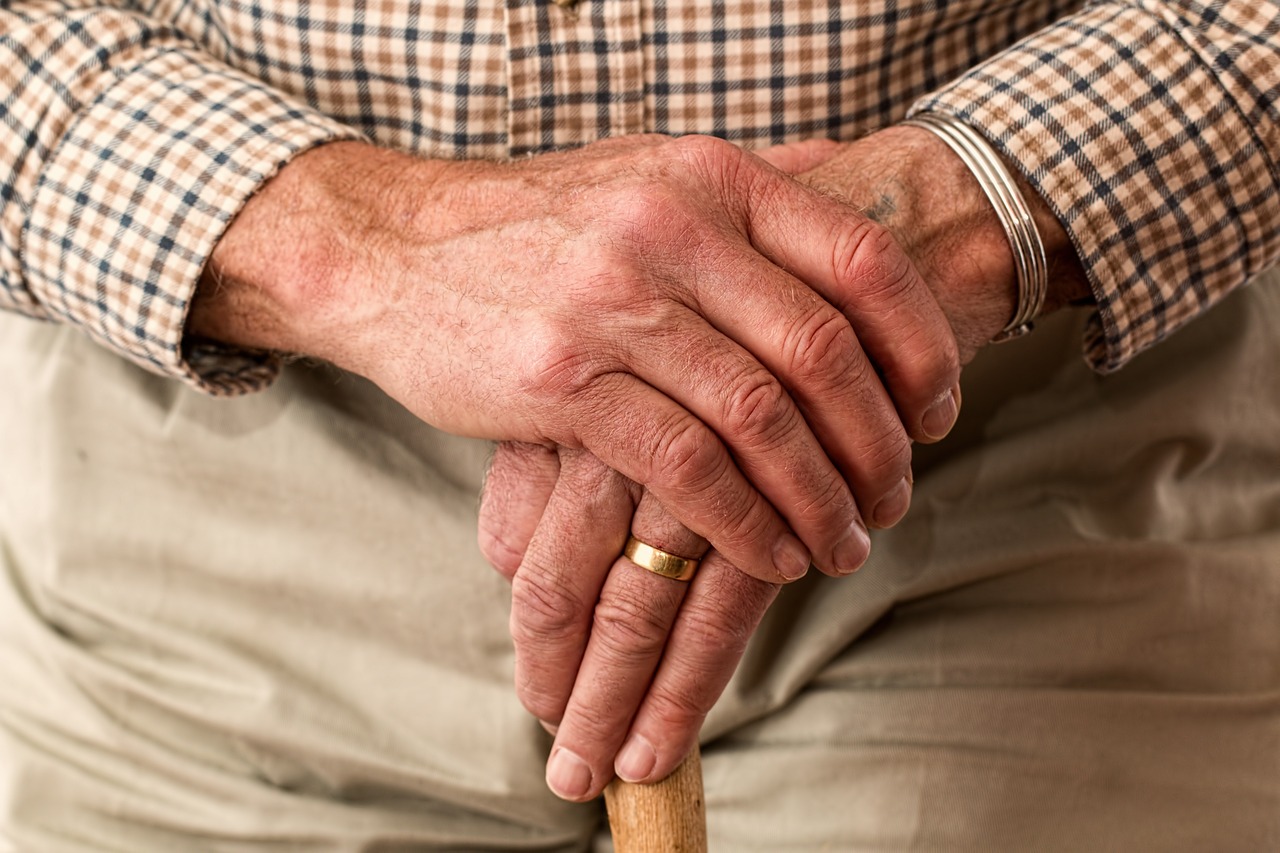News release
From:
A major reason older adults move slower has been identified
We move slower in old age because it takes more effort to move, not necessarily because we have less desire to move.
It’s no secret that as we age, we move slower. You might think this is because we simply have less motivation to move as we grow older. This is supported by the discovery that reward circuits, which stimulate and invigorate our movements, decline over time. Yet another possibility is that older people require more energy to move, and thus it may be a way of lowering energy use. In a collaboration between the University of Colorado Boulder and Johns Hopkins University in Baltimore, Erik Summerside, Robert Courter, and colleagues investigated how reduced motivation and increased effort costs contribute to slowed movement in old age. They measured energy use in humans and found that older adults indeed used more energy than younger individuals to move at a given speed. When motivation to move was increased with the expectation of receiving a desirable reward, older and younger participants alike initiated movement earlier, but only young individuals moved faster as well. Guided by a mathematical model, the scientists then essentially made younger participants use more energy to move at the same speed in pursuit of a reward. These participants still initiated movement earlier but did not increase their movement speed – just like the older adults. This study suggests that moving slower is a brain response that mitigates the increased effort required to move as we age.



 International
International



